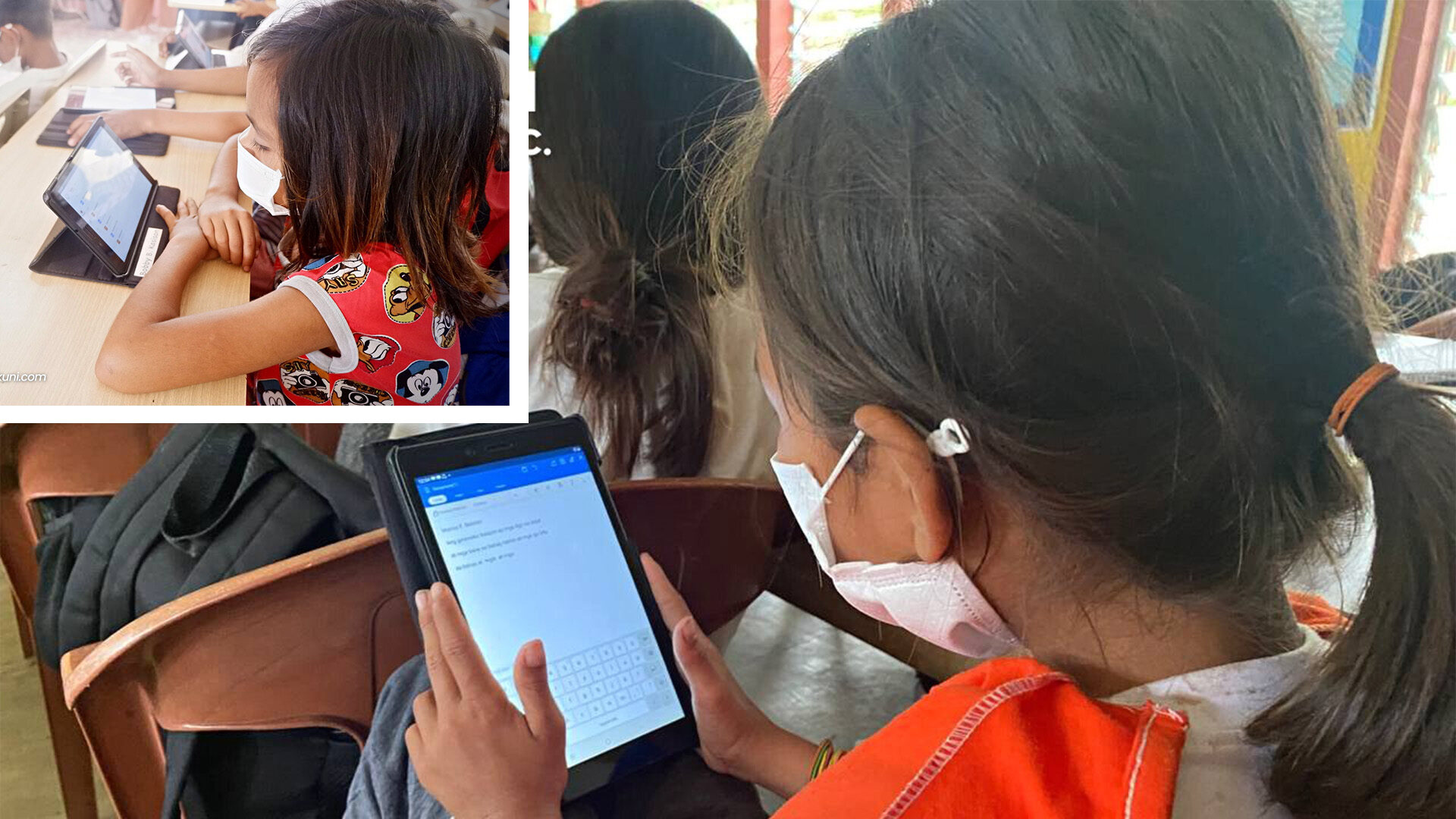It is estimated that between 14 and 17 million indigenous Peoples belong to 110 ethnolinguistic groups in the Philippines, yet they account for the poorest sectors in the country. They are extremely underrepresented and disadvantaged, particularly in access to education.
The strict mobility restrictions brought by the Covid-19 pandemic forced the Department of Education to impose e-learning when face-to -face classes were barred for fear that students might contract the dreaded disease.
But how about IPs, who live in the outskirts and far-flung areas and lack formal education? This was the motivation of Captain Jae Jung Jang, a former Korean mariner, businessman, doctor of Humanities, Christian, and visionary, who fell in love with the beauty of the Philippines in 1984 and founded the non-government organization Sorok Uni Foundation.
His first advocacy was to help those fighting leprosy but is now focused on providing better education to the IPs through digitizing them.
Educating IPs through technology
He deeply knows that technology is a part of today’s education system, as it plays a vital role in the students’ learning and teachers’ productivity.
While both parties were maximizing its uses and were becoming efficient because of its benefits, he realized that schools in far-flung areas like Inawa Panaynep Elementary School struggled to upskill the pupils due to their lack of digital resources.
This also caused a more significant problem — the Mangyan students were unable to finish their studies due to the fear of not being able to cope with others who were well-equipped with the knowledge of technology.
To bridge the gap in digital education, Korean organizations — Korea International Cooperation Agency and Human Asia, in partnership with Sorok Uni Foundation, launched the project entitled “Mitigating the Digital Divide in Education for Mangyan Students in the Philippines” in September 2021, at Inawa Panaynep Elementary School, Sablayan, Occidental Mindoro, benefiting Grades 5 and 6 students of the said school.
PCI Tech Center, a digital education provider in the Philippines, ushered the pupils with digital tablets and Rover, a digital learning platform installed on the tablets that cater to downloaded modules that can be easily accessed offline.
The project was also introduced to the parents to fully maximize every student’s learning to familiarize them with its functions.
With the knowledge of how it works, parents could guide their children about its proper uses.
The project also aimed at the holistic learning of the Mangyan children regarding digital literacy.
Apart from the workshops involving tablets, it also came up with activities such as Basic Computer Literacy Workshop and Film Viewing.
Through this, the students will learn how to use the tablets and increase their capacity to use the gadgets responsibly and ethically.
Gaining development
A year after its implementation, the teachers of Inawa Panaynep Elementary School witnessed positive results: The students have gained the self-confidence to finish their studies.
In its second year, the project was launched in Libagon Elementary School on 19 August 2022.
All of these were made possible because of the efforts of KOICA, which aims to ensure the right to education for all by strengthening education systems in partner countries and Human Asia, which focuses on conducting specialized advocacy activities for the promotion and protection of human rights in Asia.
As one of the developed countries, Korea has not forgotten the Philippines and continues to express gratitude throughout the years.
Agencies like KOICA and Human Asia worked hand-in-hand to empower the disadvantaged Indigenous Filipino children in education to give them a quality life.
It’s been over half a century since Korea, and the Philippines established their diplomatic ties. It was in 1949 when the Korean War started, and it lost at least 2.5 million people.
This relationship between both countries was further strengthened during the war when the Philippines deployed soldiers to assist South Korea during the Korean War.
Both nations have valued and preserved their connections through mutual support.
“Being the chairperson of both the Korean Association in the Philippines and Korean Chamber of Commerce in the Philippines, I always urge Korean businessmen… if you make money here (Philippines), you use that money for the Filipinos,” said Jang.
